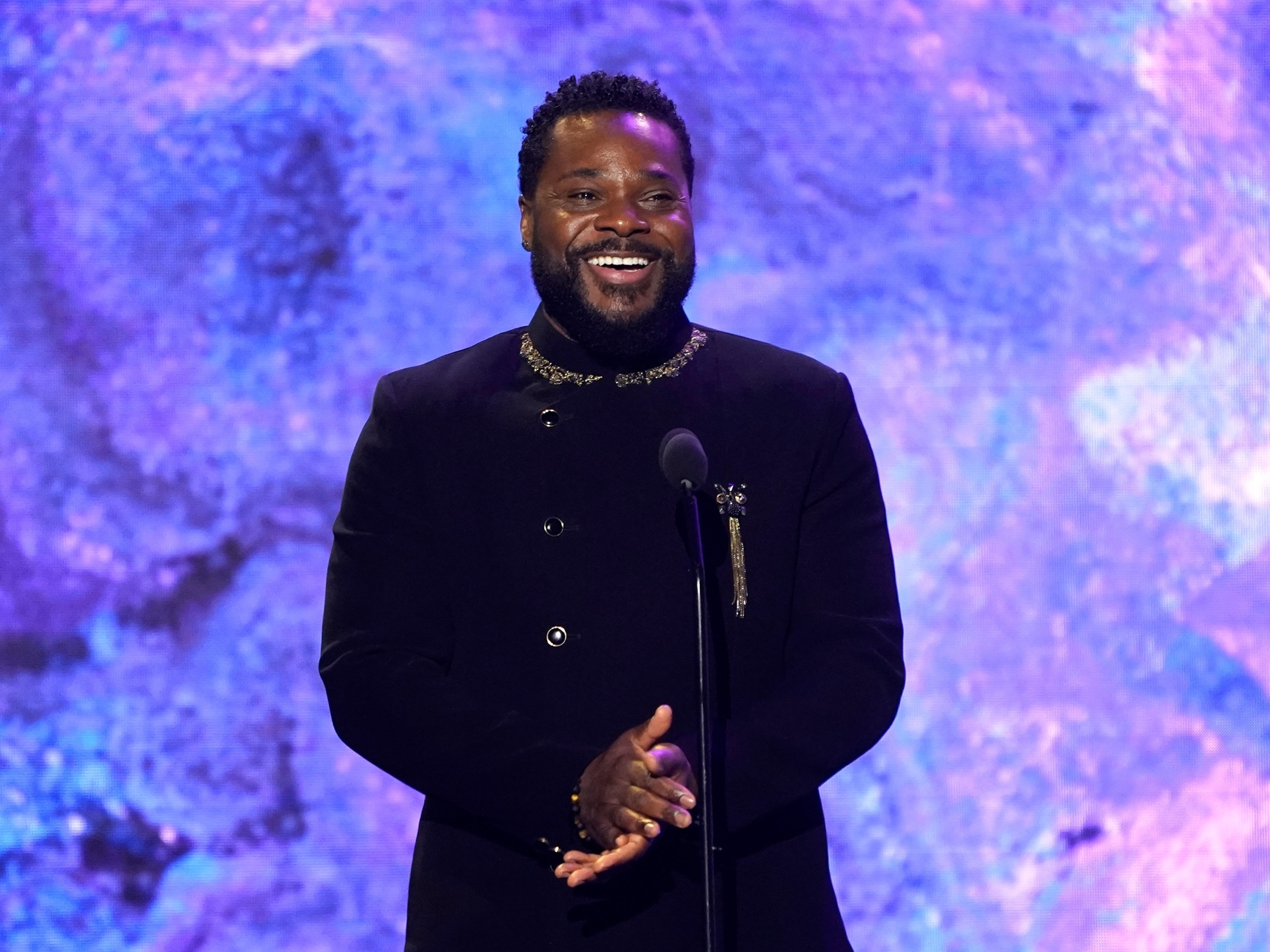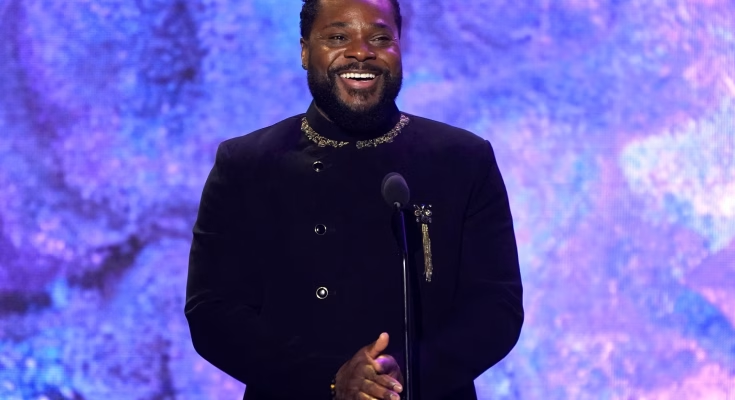Jaguar Wright Reveals Who Put A Hit On Malcom Jamal Warner| FBI Launches Investigation | HO

In the wake of Malcolm Jamal Warner’s shocking death on a remote Costa Rican beach, the entertainment world has been rocked by a wave of speculation, suspicion, and now, a formal investigation. What began as a tragic drowning has unraveled into a potential scandal that could shake the very foundations of Hollywood.
At the center of this storm is outspoken singer and activist Jaguar Wright, whose explosive claims suggest Warner’s death was no accident—and that powerful forces may have been involved.
A Tragedy or a Cover-Up?
When news of Malcolm Jamal Warner’s death first broke, headlines painted a picture of a beloved actor lost to a tragic accident while vacationing with family. According to initial reports from Costa Rican authorities, Warner drowned after being caught in a rip current while swimming off the coast. The narrative was simple, heartbreaking, and—according to Wright and a growing chorus of fans—far too convenient.
Jaguar Wright, known for her fearless criticism of the music and entertainment industry, wasted no time in challenging the official story. In a series of viral social media posts and interviews, she claimed that Warner had been “running—literally sprinting—from something or someone” in the days leading up to his death. Wright’s allegations have since ignited a firestorm, drawing renewed scrutiny from both the public and law enforcement.
The Final Days: Fear, Paranoia, and a Chilling Video
Wright’s account of Warner’s final days paints a picture of a man in crisis. Far from a peaceful vacationer, she describes Warner as deeply paranoid and genuinely afraid for his life. “He knew someone was coming for him,” Wright insists. “He wasn’t on vacation—he was on the run.”

Adding fuel to the fire is a haunting video that surfaced online, purportedly filmed just hours before Warner’s death. The grainy footage shows the actor walking alone on a deserted beach at night. While at first glance the scene seems innocuous, viewers have noted Warner’s tense posture and anxious glances over his shoulder. “He didn’t look calm or relaxed,” says Wright. “He looked like a man who knew something was about to happen.”
Initial speculation suggested Warner might have been under the influence of drugs or alcohol. However, autopsy results later revealed that his system was clean—forcing observers to reconsider what, exactly, had him so on edge.
Conflicting Accounts and a Shifting Narrative
The official version of events has only deepened the mystery. Costa Rica’s National Police initially told ABC News that Warner drowned while swimming with his daughter and a friend. According to their statement, a rip current pulled Warner and his friend out to sea; the friend survived, but Warner did not.
Yet within days, a new account emerged from the chief of the region’s tourist police, who claimed Warner’s family—including his daughter—weren’t even at the beach when the incident occurred. This contradiction between two official sources has fueled widespread suspicion. “At some point, you really have to ask who’s actually telling the truth—or if anybody is,” says Wright.

Further complicating matters, witnesses who claim to have been present offer wildly divergent stories. Some say a surfer rescued Warner’s daughter; others insist she was never in danger. The Costa Rican Judicial Investigation Agency has stood by its initial report, but the inconsistencies have left many unconvinced.
A Target in Hollywood’s Shadows
Why would anyone want Malcolm Jamal Warner dead? According to Wright, the answer lies in Warner’s refusal to “play the game” in Hollywood. She alleges that Warner was targeted the moment he began speaking out against the industry’s hypocrisy and mistreatment of outspoken Black men.
“Malcolm wasn’t willing to be the quiet, compliant version of a Black man that Hollywood likes to keep around,” Wright claims. “He was vocal. He was calling out hypocrisy. And apparently, he was planning to expose some things that could have rattled a lot of cages.”
Wright draws a direct parallel to comedian Dave Chappelle, who famously walked away from a $50 million Comedy Central deal in 2005 amid rumors of mental instability and drug use. Chappelle later revealed that his departure was prompted by the industry’s attempts to “box him in” and force him to participate in sketches that humiliated Black men. “The same machine that lifts you up will tear you apart the second you stop playing along,” Chappelle told Oprah Winfrey in a now-legendary interview.
Wright believes Warner was facing similar pressures—but with even higher stakes. “He was calling out the powerful people behind the scenes, the ones pulling the strings for their own gain,” she says. In his final podcast interviews, Warner reportedly spoke with urgency, hinting that he was about to “expose everything.” Looking back, many now wonder if these were his last warnings.
The FBI Steps In
The growing chorus of doubts and Wright’s relentless advocacy have not gone unnoticed. According to multiple sources, U.S. authorities are now involved. While the FBI has not publicly confirmed an investigation, insiders say agents have begun quietly gathering information about Warner’s death and the circumstances surrounding his final days.
This would not be the first time the U.S. government has intervened in a suspicious death abroad. In 2022, the FBI launched its own probe into the death of Shanquella Robinson in Mexico after local authorities’ investigation was deemed insufficient. As a U.S. citizen, Warner’s death falls under similar scrutiny, especially given the conflicting reports and allegations of foul play.
Hollywood’s Reckoning?
If Wright’s allegations prove true, the implications for Hollywood could be seismic. “If investigators trace this back to the people who were allegedly threatening him, and if it turns out his death wasn’t just some tragic accident, the entire industry could be forced to answer for a whole lot of things they’ve been sweeping under the rug,” says one entertainment attorney who requested anonymity.
Warner’s case has already sparked renewed debate about the treatment of Black men in entertainment, the dangers of industry whistleblowing, and the lengths to which powerful individuals will go to maintain control. “There’s a long-standing pattern of trying to silence, feminize, or completely break down outspoken Black men,” says Wright. “When they stop cooperating—or worse, start speaking out—that’s when the real trouble starts.”
The Questions That Remain
As the investigation unfolds, many questions remain unanswered. Who, if anyone, was Warner running from? Why were there so many discrepancies in the accounts of his death? And most chillingly—did Warner die because he dared to speak out?
For now, the official cause of death remains drowning. But for those who knew Warner, and for fans who refuse to accept the easy answers, the search for truth is only just beginning. As Wright puts it: “If the truth actually sees the light of day, it’s game over for whoever has been hiding in the dark.”
One thing is certain: the story of Malcolm Jamal Warner’s death is far from over. And as new details emerge, Hollywood—and the world—may be forced to confront uncomfortable truths about power, race, and the price of speaking out.


